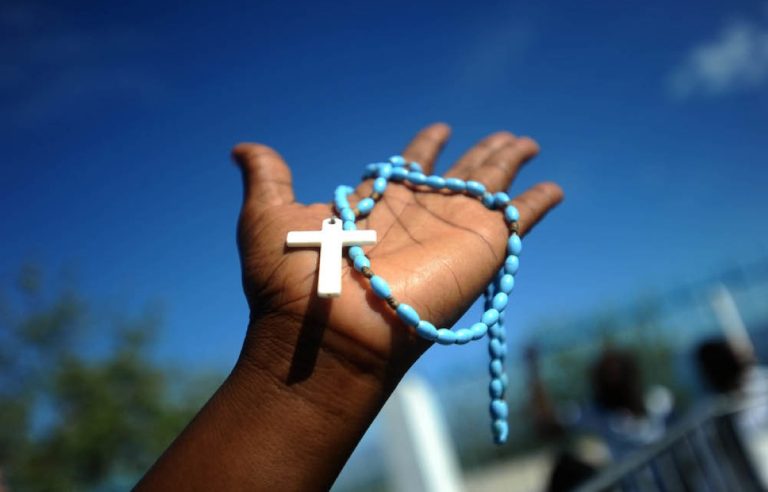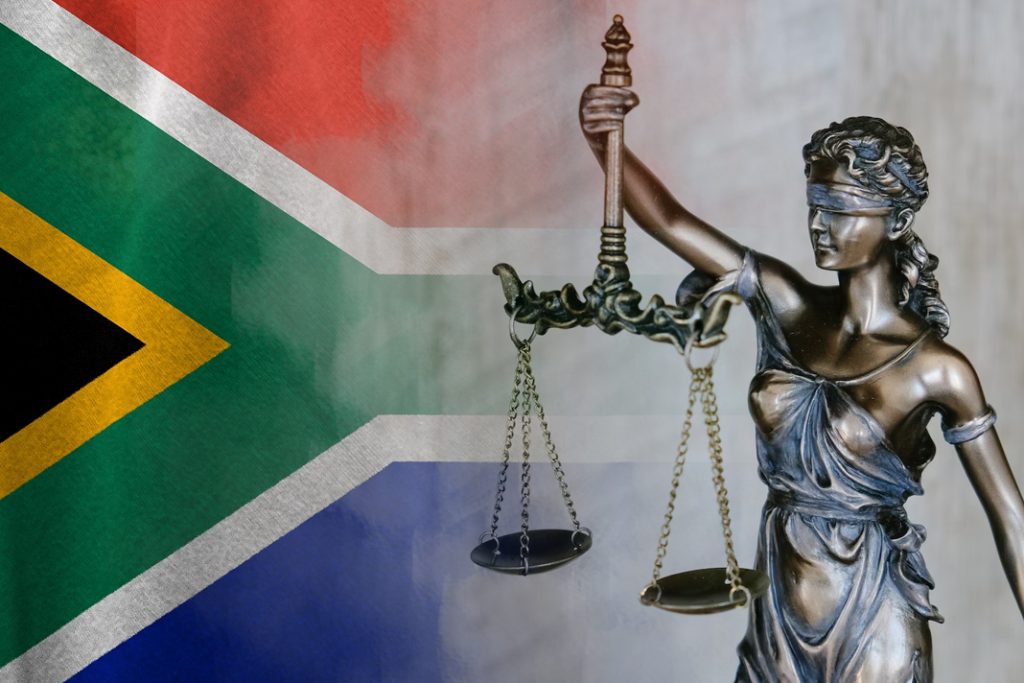
The Commission for the Promotion and Protection of the Rights of Cultural, Religious and Linguistic Communities (CRL Rights Commission) has revived its controversial proposal to regulate religion in South Africa — a move that many faith leaders warn could lead to unprecedented state interference in matters of faith.
The Commission, which previously faced strong parliamentary rejection over similar plans, is again advancing a strategy it calls “Peer Review.” Under this model, State-appointed and State-funded committees would be empowered to determine who may preach, register a religious organisation, or operate a place of worship.
In February 2025, CRL Chairperson [name if known] stated, “You want to open up a church… You apply first. We test you… and grant a licence.”
Concerns Over Constitutionality
Critics argue that the proposal poses a direct threat to the constitutional freedoms of religion, association, and conscience.
Section 15 of the Constitution guarantees freedom of religion and belief, while Section 18 protects the right to associate freely, or not to join a state-sanctioned body. Section 31 further recognises the right of religious communities to self-govern.
“If these proposals are implemented,” said one faith leader, “every religious leader and organisation will effectively be under government oversight.”
Unnecessary and Unworkable
Opponents argue the CRL’s plan is unnecessary. Existing legislation — including the Criminal Law, Sexual Offences and Related Matters Act, and the Children’s Act — already provides mechanisms to prosecute criminal abuses within religious settings.

“The problem has never been the absence of law,” says Freedom of Religion South Africa (FOR SA). “It’s the failure to enforce existing law.”
Practical implementation also raises serious questions: Who will decide what qualifies as a legitimate religion or who may serve as a “religious practitioner”? Which doctrine will be deemed acceptable — and by whom?
Financial Implications
The proposed system could come at a steep cost to the taxpayer. Estimates suggest a start-up budget of around R750 million, with R250 million annually required to sustain operations — five times the CRL’s current budget.
Critics warn that “licence fees” could be imposed on religious bodies and leaders to fund the system, effectively forcing churches, mosques, temples, and other faith communities to pay for state control over their operations.
The Real Danger
The CRL confirmed on April 22 that it has established a Section 22 Committee to begin preparatory work for the Peer Review Council. This committee has been tasked with:
- Developing strategies to “curb spiritual transgressions.”
- Researching the “abuse of people’s beliefs” and “harmful religious practices.”
- Making recommendations for a legal or legislated framework to promote peer review in the religious sector.
Observers fear that this process is designed to collect evidence that will justify new legislation — effectively placing the entire religious sector under state control.
A Call for Voluntary Reform
Rather than legislating religion, faith leaders are calling for voluntary accountability within the sector. Suggestions include:
- Strengthening existing religious fraternals and networks.
- Adopting the Religious Freedom Charter and voluntary Codes of Conduct.
- Enforcing financial accountability and background checks for child protection.
- Encouraging training in theology and practical church management.
They also urge the CRL to use its current powers to educate and assist faith communities, rather than attempting to regulate them through state machinery.
History’s Warning
Bishop Zipho Siwa cautioned, “In whatever ‘self-regulatory’ terms this is couched, these regulatory bodies will be state-appointed, state-funded and state-controlled.”

History offers stark reminders: whenever the State assumes control of religion, the outcome is invariably restriction, persecution, or oppression.
The CRL has declared, “It’s not business as usual.” But for South Africa’s diverse faith community, the message is clear — the solution to abuse and misconduct within religion does not lie in State control.
The Bulletin stands firmly for the constitutional right to freedom of religion, belief, and association.
South Africa’s faith communities must remain free to preach, to serve, and to worship without government interference.
Stand for your freedom. Speak now. Before it is too late.